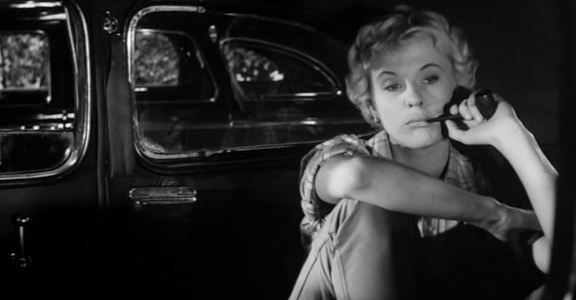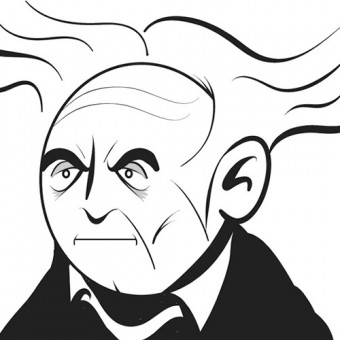(The TLDR Edition of Five Plays by Anton Chekhov—all quotes verbatim, in the original order presented)
Act I: Ivanov
The house. Evening is coming on.
A: One needs money. Even suppose I find it, she still categorically….
C: That’s bad…I long ago saw in her face that she wouldn’t….
A: All nonsense, nonsense and more nonsense.
C: [Yawns.]
A: Nonsense and—
C: And a swindle.




